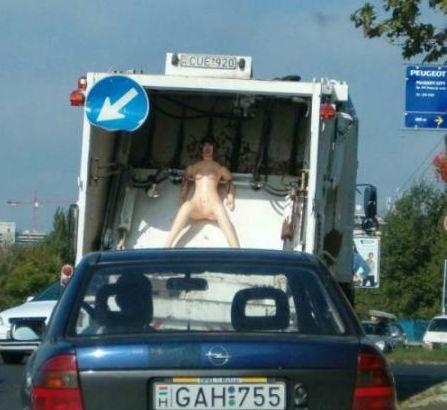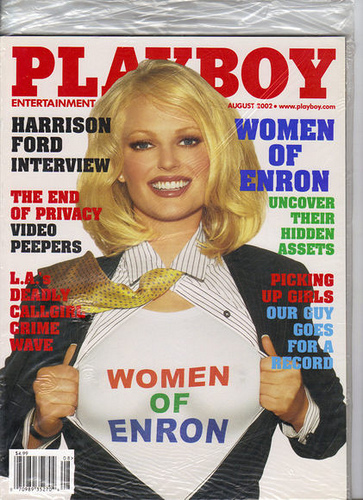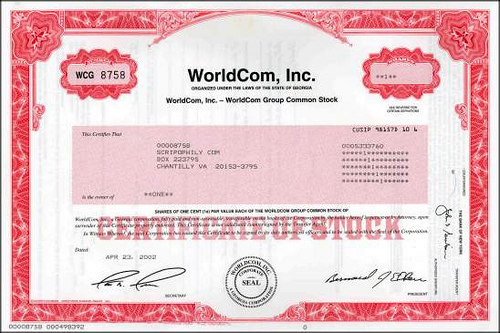
A very timely guest lecture, courtesy of Atticus Van Zandt.
A bad NBA player with a large contract is basically bad debt. It's an asset that's worth significantly less on the open market that what you paid for, and it sits on the books restricting your ability to manage your organization. Zach Randolph is, essentially, an illiquid asset, and there’s not much that separates NBA franchises from investment banks. During the past decade, the NBA saw an explosion of bad debt. The arms race of contracts made the competition for free agents explode and suddenly even mediocre players were getting contracts far greater than their actual worth. While such contracts had always been present in the system, during this time, they threatened to overwhelm it.
Everybody makes mistakes. It’s when everybody makes mistakes at the same time that you get gridlock (and unintended pregnancies).Sometimes this gridlock can be resolved by somebody simply taking a step back so that somebody else can step forward. You admit your mistake, pay your penance and somebody who made better decisions benefits.
Most NBA fans understand the mechanism through which bad contracts are typically resolved is trade. However, when a large number of franchises are burdened with the same kinds of albatross contracts, trade is suppressed. I can't trade you my Antoine Walker (even if I sweeten it with a David Lee) if you've already got a Big Country Reeves on your payroll. The system breaks down, nobody gets resolution and otherwise healthy franchises whither. To whom do you pay penance when everybody has sinned equally?
In exceptional times of collective mass lapse in decision making– when you can’t take a step back because the guy behind you followed right into the same mistake– resolution is much more complex. You need a central figure to facilitate progress. Sometimes it takes a hero. But just as often, it takes a goat. Someone who’ll not only eat everybody else’s trash, but do it willingly, because that’s what he was made to do. When extrapolated to a larger scenario, that goat takes on an almost messianic quality.

What you need is one place where everybody can dump their bad debt, even if it's just for pennies on the dollar, to get it off their backs. With all the troubled assets collected in one place, you have one severely struggling entity, but the overall community actually improves. That’s where the goat steps in. And since at least 2003, there’s been no bigger goat in the NBA than Isiah Thomas and the New York Knicks. Steve Francis, Starbury, Eddie Curry, Jalen Rose, Penny Hardaway. Jerome Williams. Not only did they take on contracts that nobody else would (or could) touch, they re-signed depreciating talents to new contracts, thereby keeping them off the market indefinitely. You don’t think somebody else would’ve signed Allen Houston if the Knicks hadn’t re-upped him? Maybe nobody else would have paid quite the same premium, but he would’ve become a drag on a payroll nonetheless. The same goes for Jerome James.
Hank Paulson is obviously an NBA fan in the midst of bringing the Knick theory to the financial world. Essentially, what the Treasury is proposing is the creation of a government-sponsored Fail Corporation—a financial markets version of the Thomas Knicks, who's job it is to collect all the bad debt from the open market so that the otherwise healthy organizations can get their illiquid assets off the books and continue to operate and trade with each other. The Treasury will play the role of James Dolan—a pocketbook that’s limits are matched only by its tolerance for under-performance. It’s unclear who will play the role of Isiah, who in a brilliant stroke of irony has himself turned into a bad contract sitting on a balance sheet.
However, the real lesson of the exercise is to rewrite the legacy of Isiah in the NBA. Had he not come along, would the league have suffered the same crisis as the credit markets? Would troubled franchises like the Hornets or Trailblazers have ever seen the relatively quick recovery they’re now enjoying? Where will the Zach Randolphs go now in an Isiah-less league after even the Grizzlies and Chris Wallace have turned up their nose?

Just as the collective greed of the American banker hasn’t increased significantly in time leading up to the credit crunch, neither has the intelligence of the NBA general manager leading up to this time of prosperity in the age of Isiah. There are still going to be marginal players signed to contracts far in excess of the actual value of their ability that will clog payrolls for years to come. The question is, how will the league manage this bad debt in the future? Instead of one huge debt dump, you might see a smaller collection of mini-Knicks spring up to fill the void, but such a four-quarters for a dollar approach would surely lack the efficiency of one central institution. You could even see a slight shift in regulatory controls, such as we have already seen the NBA move toward with the limited contract forgiveness.
However, the role of Isiah may have been little more than an anomaly that helped to prop up a fundamentally untenable system in need of a drastic change to its structure. The Knicks, like the government bailout, may be a disservice by merely delaying the inevitable collapse needed before a real cure can be found. As the Steve Francises of the future accumulate across payrolls, the league will stumble inevitably along to stagnation. Without an Isiah to relieve the pressure, the NBA will be forced into places that would previously be unthinkable. Other leagues have seen such desperate times before, and that’s why NFL players don’t have guaranteed contracts.
Men are generally praised most for actions that are against their instincts- by doing the things they know will cause them harm, but will benefit others. The difference between a goat and a grenade jumper is that the jumper has to overcome his basic wiring to perform his task. That’s the action of a hero. The goat’s action is actually driven by his instincts and performs his task the same way he breathes air. While it may not be heroic, there should still be some appreciation for something that simply functions the way it was intended– like Rain Man watching the dryer spin. And it’s in that simple appreciation, that Isiah should find his legacy. In the meantime, the financial world, and the country as a whole, unknowingly waits for a goat to perhaps save them from the real, painful change they need.
















No comments:
Post a Comment